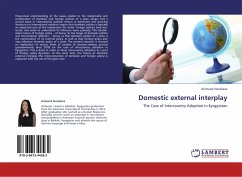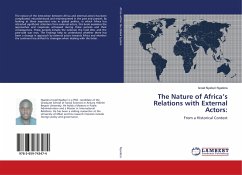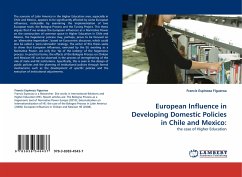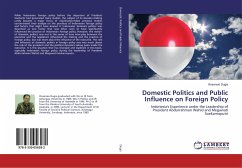Theoretical understanding of the issues related to the relationship and combination of domestic and foreign policies of a state always had a central place in international political science. A significant and growing literature on international relations argues that domestic politics is typically an important part of the explanation for states foreign policies (and vice-versa), and seeks to understand its influence more precisely. This double-sided nature of foreign policy of being at the hinge of domestic politics and international relations , shows us that domestic politics of a state is the continuation of its external policy, as well as that foreign policy also may influence domestic policy of a state. The present research is focused on implication of various levels of analysis of decision-making process (predominantly since 2010) on the case of intercountry adoption in Kyrgyzstan. This is done in order to show intercountry adoption as a part of foreign policy dynamics. At the same time, the theory of domestic external interplay (the interconnection of domestic and foreign policy) is explained with the use of the given case.
Bitte wählen Sie Ihr Anliegen aus.
Rechnungen
Retourenschein anfordern
Bestellstatus
Storno








